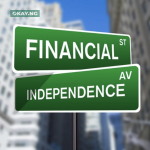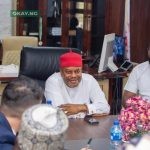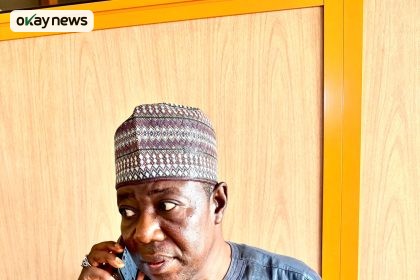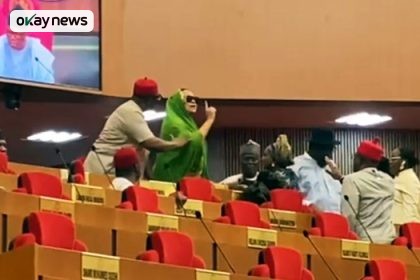While the nation grapples with frequent power outages, a glimmer of hope emerges from the rural landscape. The Federal Government is actively pursuing a bold initiative: securing $1.1 billion in funding to construct a network of renewable energy mini-grids. This ambitious project aims to bring electricity to underserved communities, a lifeline for many who have been living in darkness.
“It was a very long negotiation (with IFC). It was like a one-year negotiation with IFC to the level that we started joking about IFC, and whether they would bring the funds,” confessed Abba Aliyu, Managing Director/Chief Executive Officer of the Rural Electrification Agency (REA), during the recent Mission 300 Africa Energy Summit in Dar es Salaam, Tanzania.
This ambitious endeavour, born from a partnership with the International Finance Corporation (IFC) and five leading renewable energy companies, will leverage the World Bank Group’s Nigeria Distributed Access through Renewable Energy Scale-up (DARES) project. The goal is clear: to electrify 400,000 Nigerians, a significant step towards achieving the REA’s mandate of expanding sustainable energy access, particularly in remote and underserved areas.
“The requirement for the private sector on DARES is $1.1bn,” Aliyu emphasised, expressing confidence in securing the necessary funds. The IFC has already committed $200 million, while First City Monument Bank has contributed $100 million. The government is actively engaging with other financial institutions like Standard Bank and Stanbic IBTC to bridge the funding gap.
This project holds immense promise. “The government alone cannot make this available,” acknowledged Minister of Power, Adebayo Adelabu. “It requires cooperation and collaboration with the private sector, both locally and internationally.” Recognising the scale of the challenge – an estimated $30 billion is needed to achieve universal access by 2030 – the government is fostering a crucial public-private partnership.
While the journey towards widespread electrification remains challenging, this initiative represents a significant step forward. By harnessing the power of renewable energy and leveraging private sector investment, Nigeria can illuminate the lives of millions, improve economic opportunities, and build a more sustainable energy future for its citizens.







